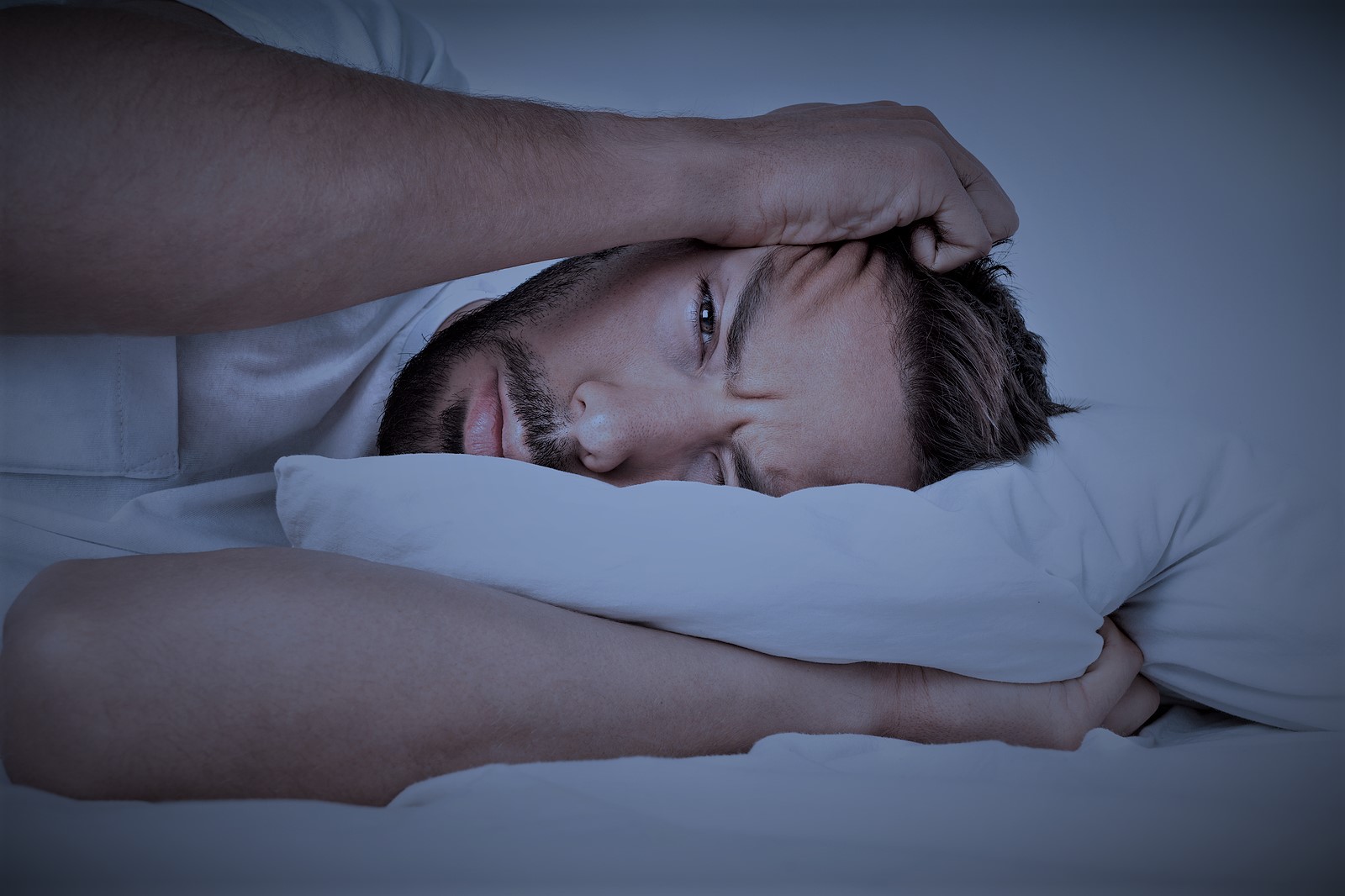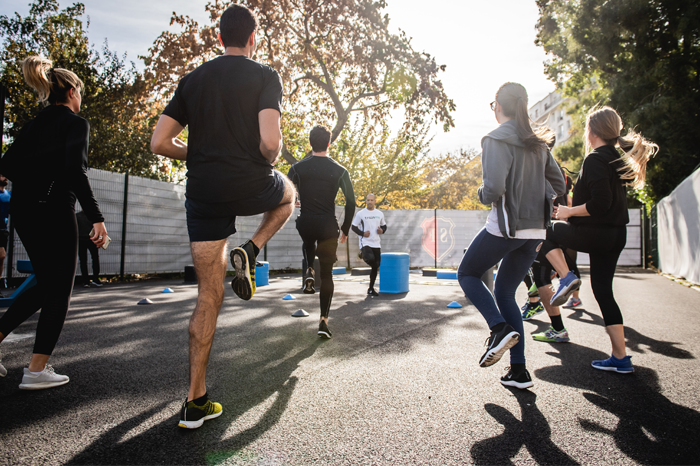How To Improve Sleep In Addiction Recovery

Getting a good night's sleep is essential for functioning well during the day, and it's especially important for people in addiction recovery. A poor night's sleep can leave you feeling tired and grumpy, making it difficult to stay on track with your recovery goals. A lack of good sleep can also lead to cravings and a higher risk of relapse.
Contact Us Today for a Confidential Assessment.
Call (877) 959-5909 Now to Speak with a Specialist
That's why in addiction recovery, getting enough quality sleep is critical for staying on the right track. If you want to know how to improve your sleep in addiction recovery without using drugs, check out our guide.
1) Establish a Regular Sleep Schedule
Try to go to bed and wake up at the same time each day. This will help your body get into a routine. Routine is very important in addiction recovery because it helps to keep your days structured and organized.
Waking up in different times of the day can be jarring to your body and can make it difficult to fall asleep at night. It can also disrupt your internal clock, making it harder to sleep well the following night.
2) Avoid Caffeine Before Bedtime
Caffeine can disrupt your sleep patterns, so try to avoid drinking any coffee or caffeinated beverages before bed. Ideally, you should stop drinking caffeine in the late afternoons and the hours leading to your bedtime.
If you are craving a hot beverage, try something like herbal tea instead. It has a calming effect and can help you relax before bed. Some popular herbal teas include chamomile, lavender, and passionflower.
3) Avoid Using Electronic Devices Before Bed
The light from screens can interfere with your ability to fall asleep. It's best to avoid using any type of electronic device in the hours leading up to bedtime. This includes phones, laptops, tablets, and televisions.
If it is not possible for you to put your phone outside of your room, at least put it out of your reach, away from the bed. This way, you won't be tempted to use it in the middle of the night.
If you usually watch TV before going to bed, try reading a book instead. This can help calm your mind and prepare you for sleep.
4) Keep Your Bedroom Cool and Dark
A cool, dark environment is the ideal setting for sleeping. Make sure your bedroom is cool enough, and use curtains or blinds to block out any light from outside. If it's cold in your area, get an electric blanket so you can keep your room at a comfortable temperature.
You can get earplugs to block out sounds coming from outside, especially if you live in the middle of the city. Get blackout curtains if your windows let in too much light. These curtains are designed to completely block out all light, which can help you sleep better.
5) Get Enough Exercise During The Day
Regular exercise is important for good sleep. When you're active, your body releases endorphins, which can help you relax and fall asleep easier at night. This will also help you spend extra energy so you don't feel restless at night.
Try to get at least 30 minutes of exercise each day. You don't need expensive gym equipment or a fitness membership to do this. Exercising at home, walking, or running are some examples of easy exercises you can do.
6) Avoid Eating a Heavy Meal Before Bedtime
Eating a big, heavy dinner can make it difficult to sleep. Try to eat your last meal of the day at least two hours before bedtime. If you're hungry late at night, try snacking on something light like yogurt or crackers.
Some people find that they get sleepy after a heavy meal, that's why they overeat. Doing this, however, can be counterproductive because you'll be more likely to wake up in the middle of the night feeling bloated and uncomfortable.
7) Practice Relaxation Techniques Before Bed
Practicing relaxation techniques can help you calm your mind and body before bed. There are many different types of relaxation techniques, so find one that works best for you. Some popular methods include yoga, and mindfulness meditation.
Another great option is to take a warm bath or shower before bedtime. This can help you relax your muscles and prepare you for sleep. Add some soothing aromatherapy or use a calming essential oil like lavender.
If you or a loved one is struggling with substance abuse, help is available.
Contact Anaheim Lighthouse today.


